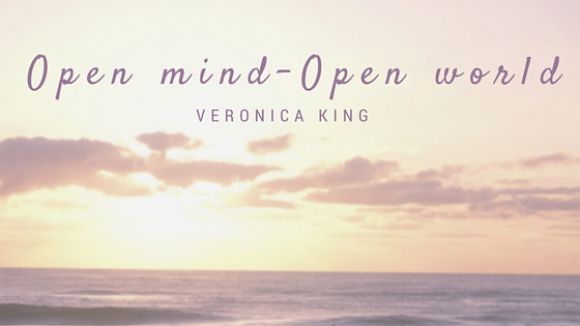Open mind - Open world

A few years ago, I was speaking with a white CEO who was about to leave his job. I asked him if the issue of transformation had come up in the recruitment of his successor. I’ll never forget his reply: “I really wonder whether there is a black person who could sustain what I have done. I really don’t want my work to be undone.”
This narrative that black people are incompetent, corrupt and don’t add value is, still, in 2016, thickly ingrained in the South African corporate mindset.
And not just in the minds of whites. I was speaking with some black consultants last week and they made the point that not only do they notice how white decision-makers and budget-holders in corporate South Africa prefer to hire white consultants, but how black decision-makers also prefer to hire whites.
Why? Because if the white consultants mess up, the black person who hired them won’t be harshly chided, but instead the mess-up will be professionally discussed and a solution found to keep the consultant. But if the black consultant messes up, the black person who contracted them goes down with that consultant. When one black person fails, all blacks are tarred with the same brush. When one white person fails, it’s the fault of that individual alone.
At the heart of this is unconscious bias – the way we stereotype and pre-judge people based on our past conditioning and experiences.
There are certain contexts where these biases are good and valid. Because of what we know about lions, if we see a lion walking down our street, we are going to run. Our unconscious bias can save our life.
But what of our wariness and mistrust of people who do not look like us? Is that bias valid? Does it protect lives? Or does it just protect supremacy and minority privilege, propping up racialised networks that permit some and exclude others who do not fit the mould?
In a society with as much diversity as South Africa, unconscious bias is one of the biggest barriers to true, effective, sustainable transformation.
And yes, it’s a two-way dance. When I, as a black woman, joined an all-white team in the early 1980s, I rapidly learnt to go along, to get along, so I could belong. The dominant group was white, and so I noted what my white teammates valued, and learnt to mimic those things so I could fit in.
Now that I am older, and I am embracing, owning and celebrating my blackness,
I have noticed the extent to which I self-rejected because of the extent to which I assimilated the values and preferences of that dominant group. I needed the white man to get ahead, so I mimicked his world.
Owning up to that was difficult – it’s an ongoing conversation with oneself –
and right now, the voice of privilege also needs to have a frank, introspective conversation. The white man never needed black people to get ahead, so he never had to shift his values or try and accommodate an African way of doing things. Privilege only has one worldview, which is just its own.
Emuthini Consulting leads people on this kind of introspective journey. It’s not about naming and shaming, but about making people gently aware of their implicit biases, so that they can begin to let go of things that they have believed protect them.
If we want to find the true value in our diverse country, we have to start by unpacking those biases that our unconscious minds believe “keep us safe”.

